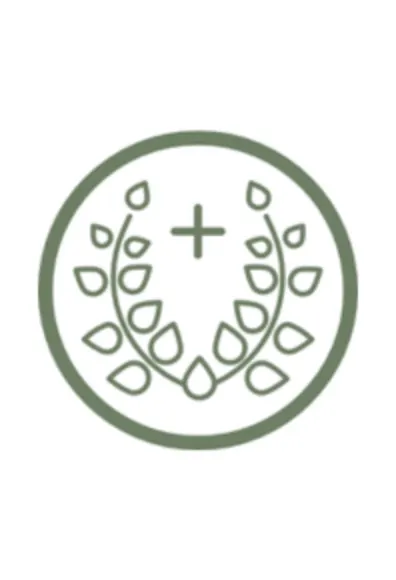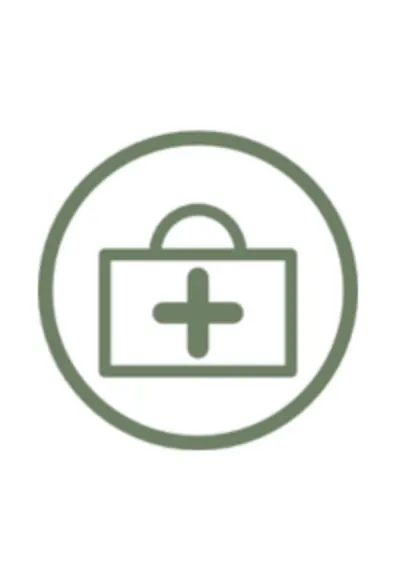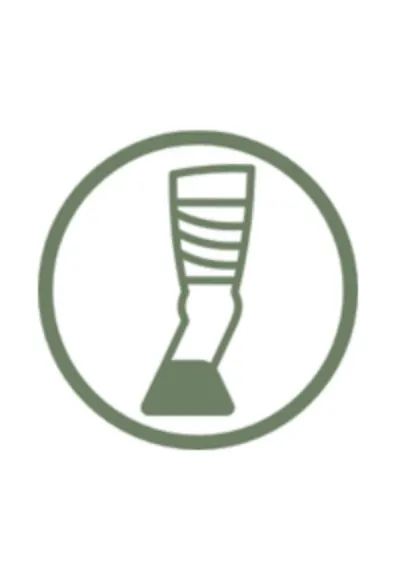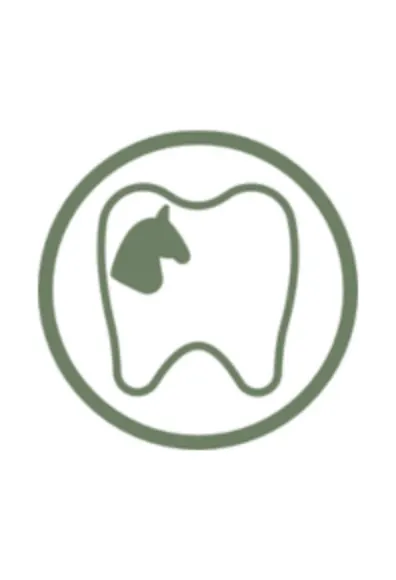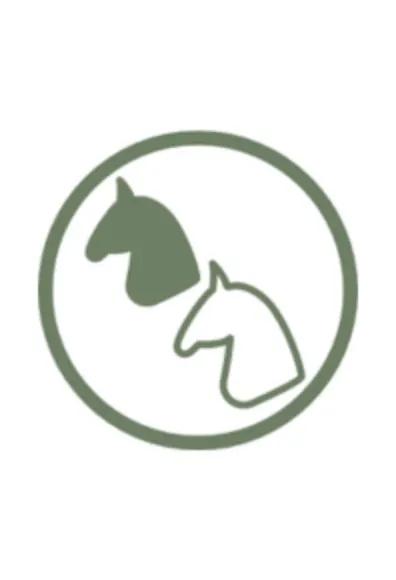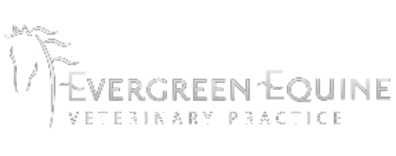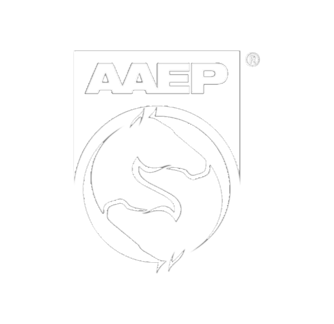Evergreen Equine Veterinary Practice
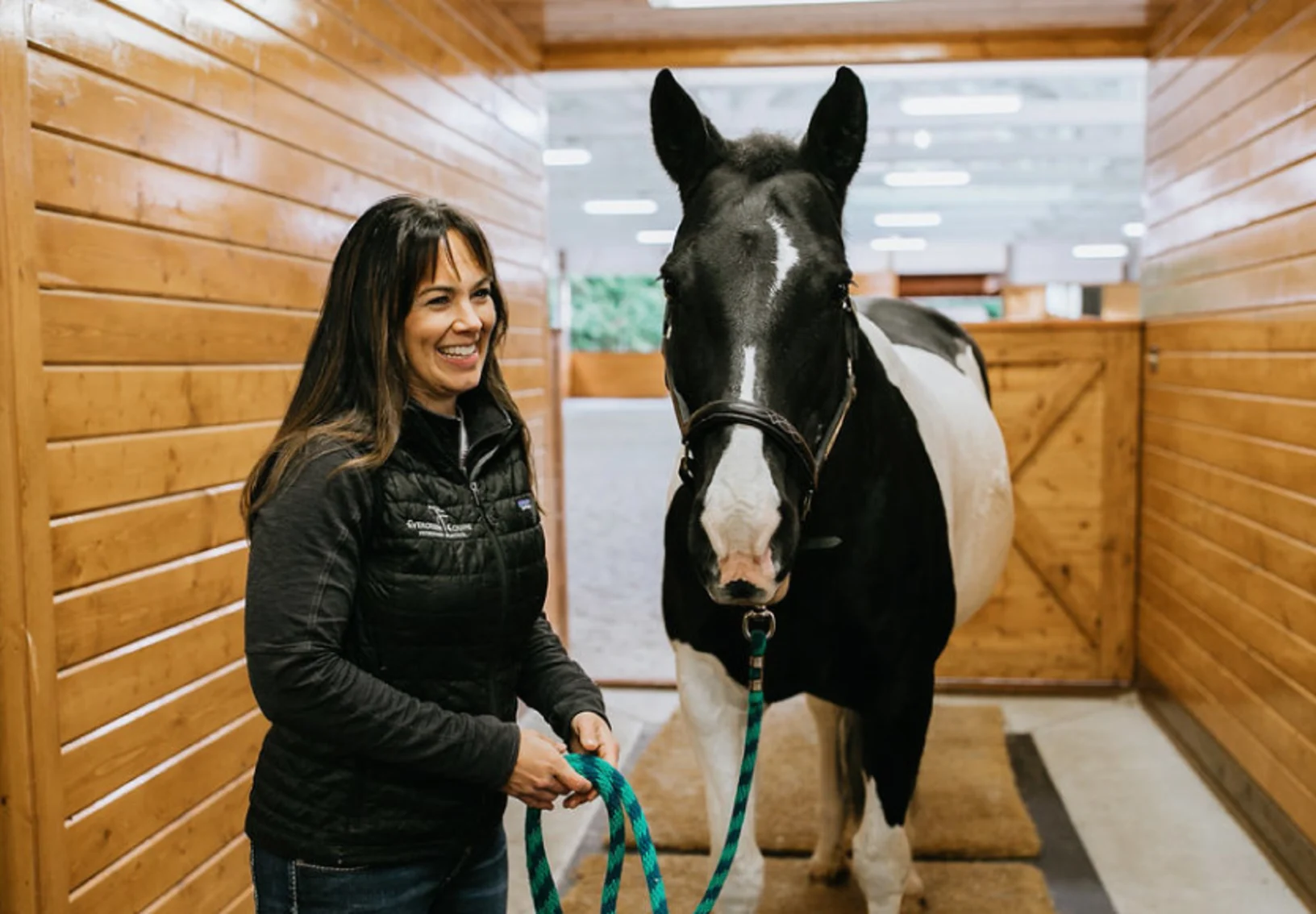
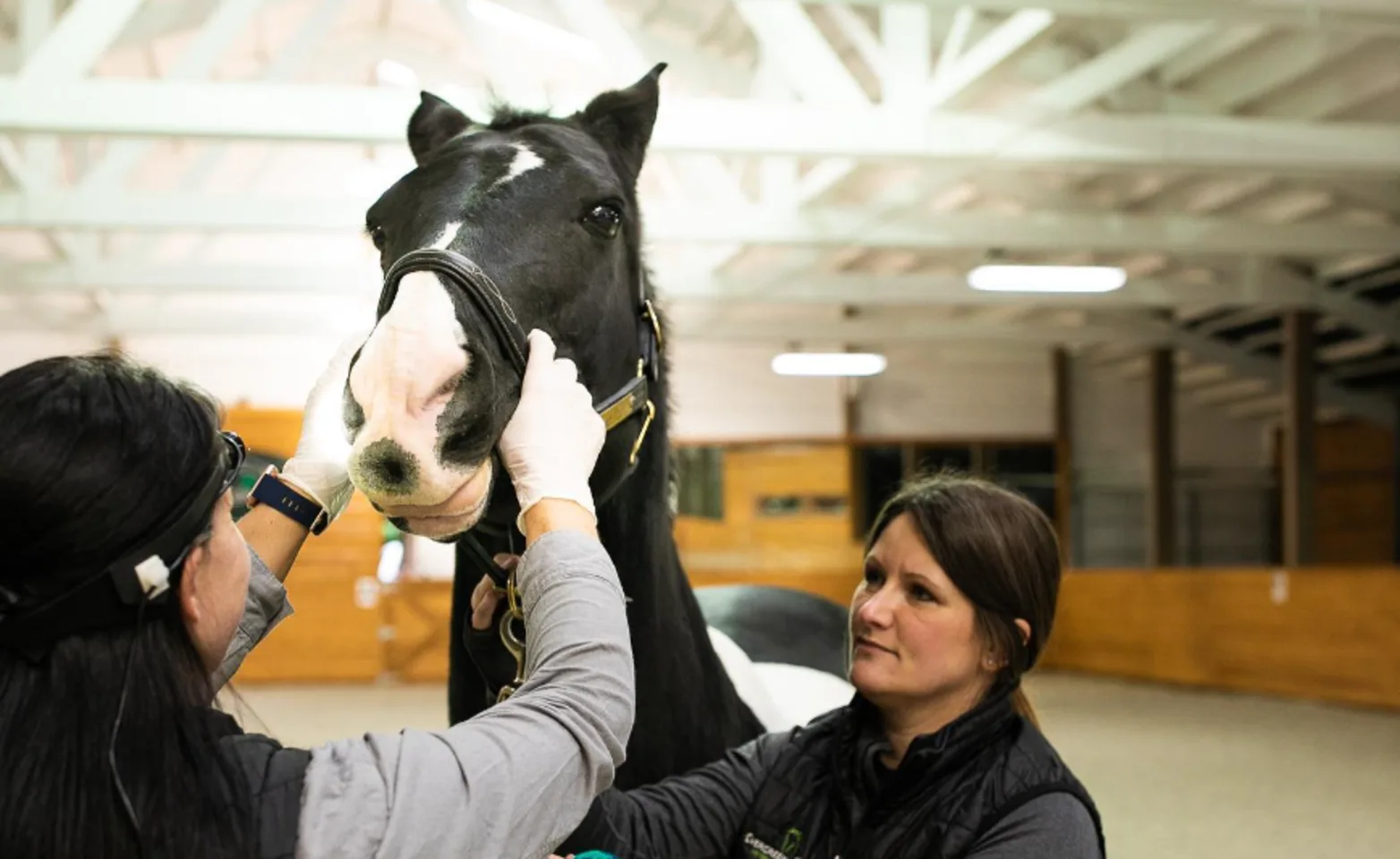
Services at the Comfort of Your Barn
We offer a full range of ambulatory services and state-of-the-art mobile equipment that can accommodate your barn or training facility.
Hours of Operation : Monday - Friday 8:30am- 5:00pm Closed Saturday's and Sundays
If your emergency is after hours or on the weekend, please call our office at (360) 568-1114.

Our Mission
Evergreen Equine, based in Snohomish WA, provides high-quality vet services, backed by technically advanced diagnostics, delivered right at your barn. Our team of equine veterinarians has developed a reputation for rapid response, compassionate care, advanced equine diagnostics, and a passion for preventative equine medicine.
We value your partnership in the education and care of your horses through all stages of life. Whether you have a young growing horse, performance horse, an older companion, or you are breeding mares and stallions, we are here to help you provide the best health care for your horse.
Client Reviews & Testimonials
We value our clients’ experience at Evergreen Equine Veterinary Practice since 1998. Here’s what some of our clients are saying about us.
This equine vet is so amazing. I can't say enough good things about them. They are so sweet and always take care of me and all my horse needs.I would highly recommend them to anyone looking for a horse vet.
Harley B.
Great customer service from vets and office staff- they are a pleasure to work with.Been happy customer for 10+ years
Sarah R.
I arranged a PPE on behalf of a client looking to purchase a horse. Dr Heather Fraser did a very thorough PPE, even sent me videos of the horse, and was easy to work with. Thanks to Dr Fraser and the staff for making a PPE from a distance so easy and seamless!
Jessica A
